100,000 reasons to help: The UN migration agency at work in Armenia
Some 100,000 refugees who fled the Karabakh region are beginning to build a new life in Armenia, with the support of the UN’s International Organization for Migration (IOM), as the agency’s Joe Lowry reports from Goris.
Goris, population 20,000, is a picture-postcard town, sitting in a bowl in the high mountains of southern of Armenia. It’s 25 kilometres to the border with Azerbaijan, to the Lachin corridor.
During the last week in September, over 100,000 ethnic Armenians fled the Karabakh region and arrived in Goris, Armenia, necessitating urgent humanitarian action by UN agencies and relief partners in coordination with the Government.
Tented halls, mobile kitchens, portable toilets, clothing banks, water stations, clinics, play areas, and a registration point sprung up overnight, avoiding a catastrophe.
By the first Monday of October, Goris was back to its quiet self. Everyone had found some form of temporary accommodation. Some 40,000 people were settled in hotels and community facilities by the Government, while the remainder were taken in by family, friends, and volunteers organized via social media campaigns.
Problem solved?
In fact, no. Armenia now faces the massive challenge of integrating these new arrivals. “They will need homes, schools, hospitals, jobs – all the things that we take for granted,” said Manfred Profazi, IOM regional director.
Profazi was speaking after a three-day visit to Armenia, where he saw the first of several mobile health clinics that IOM is opening across the country, to cater for the physical – and mental – health needs of the new arrivals.
“These are not people who have made a quick and comfortable passage,” Profazi underlined. “These are people who have lived through active and frozen conflict for 30 years, who have lost their homes, their family memories and their communities. They are traumatized and exhausted, with children and the elderly in particularly bad shape. We are rapidly expanding our help to them, especially as winter is fast approaching.”
Each of the IOM mobile clinics has a psychiatrist working alongside the general practitioners (GPs). While the GPs provide primary health care, diagnosis and referral, the psychologists are there to identify and assist with reversing the effects of the trauma suffered by many.
They will also help people make sense of their current situation and try to get them to move into a future free of unmanageable stress.
Psychological therapy
Nune Asatryan, project coordinator at IOM Armenia explained that the mobile health clinics will play an important part to bring health services to vulnerable populations, especially those in remote, rural communities.
“The psychologists working in the mobile teams will support refugees affected by multiple losses who are grieving for people, places and life left behind. The psychological therapy can improve their general psychological well-being helping them deal more effectively with personal challenges and reduce their distress and suffering,” Ms. Asatryan said.
Interagency response
IOM is part of the interagency group currently elaborating the overall response plan, under the lead of the Armenian Government.
“We will be involved in several sectors,” according to Ilona Ter Minasyan, IOM Head of Office in Armenia.
“Apart from the vital work of the mobile clinics, we also foresee a role for IOM in shelter, early recovery and protection. Many women will be vulnerable to trafficking for sexual or other purposes, and also to gender-based violence. Globally, we have significant expertise on how to sensitize populations which will be vital in this context,” Minasyan said.
IOM’s support is intended to be long-lasting. Durable solutions alongside humanitarian support. But essentially, it’s about proximity, about delivery of the help that people need, where they need it.
People like Gayane, who last saw a doctor when she gave birth to her second daughter, six years ago. “I saw the clinic here this morning but thought I’m OK, it’s not for me.” An IOM outreach worker offered to look after her two daughters for a few minutes while she saw the doctor.
“They found I have high blood pressure and need medicine and regular follow-up,” she smiled, leaving the clinic.
Thousands more Gayanes will be assisted over the coming months, and thousands more will get other help from IOM.
Right where they need it, and right when they need it.
IBNS
Senior Staff Reporter at Northeast Herald, covering news from Tripura and Northeast India.
Related Articles
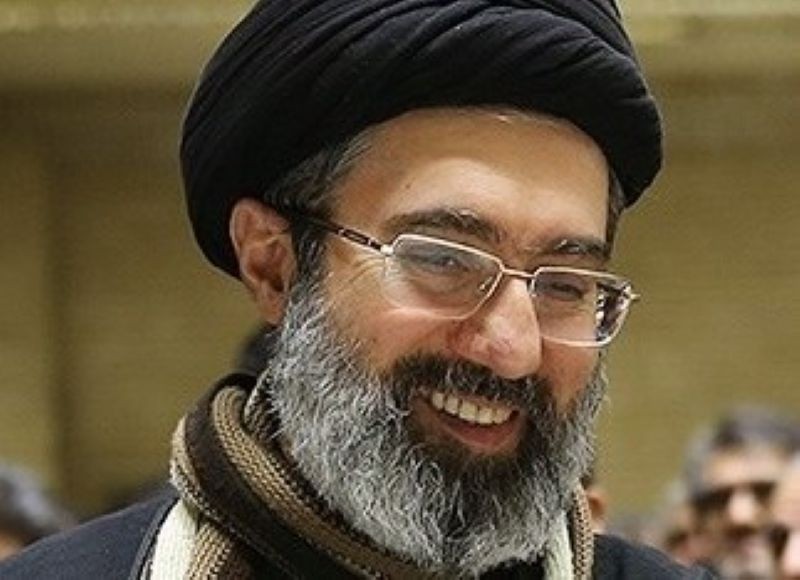
WikiLeaks cables claim Iran leadership contender Mojtaba Khamenei underwent fertility treatment
Tehran/IBNS: Mojtaba Khamenei, the son of late Ali Khamenei, is widely seen as a leading contender to succeed his father after the cleric was reportedly killed in a Tehran strike carried out by United States and Israel, media reports said.
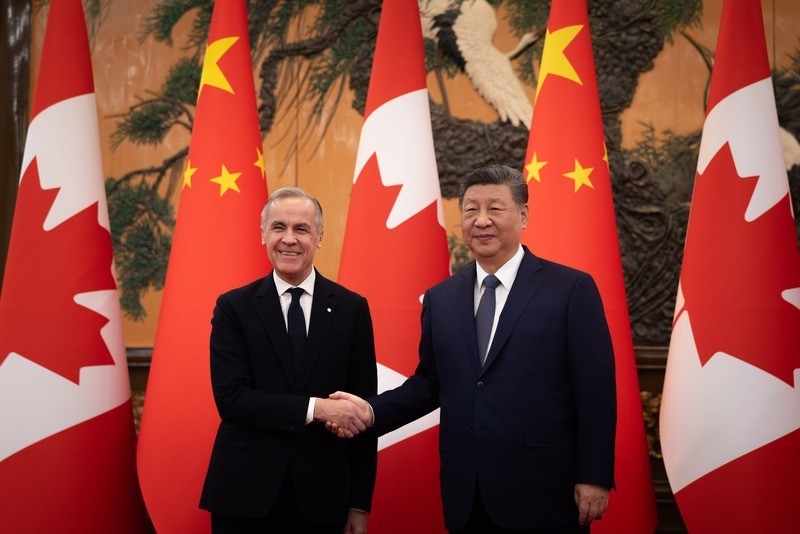
China eases tariffs on Canadian canola, seafood as Canada expands EV quota
Ottawa: China has suspended and reduced tariffs on key Canadian agricultural and seafood exports, while Canada has eased trade restrictions on Chinese electric vehicles and certain steel and aluminum products.
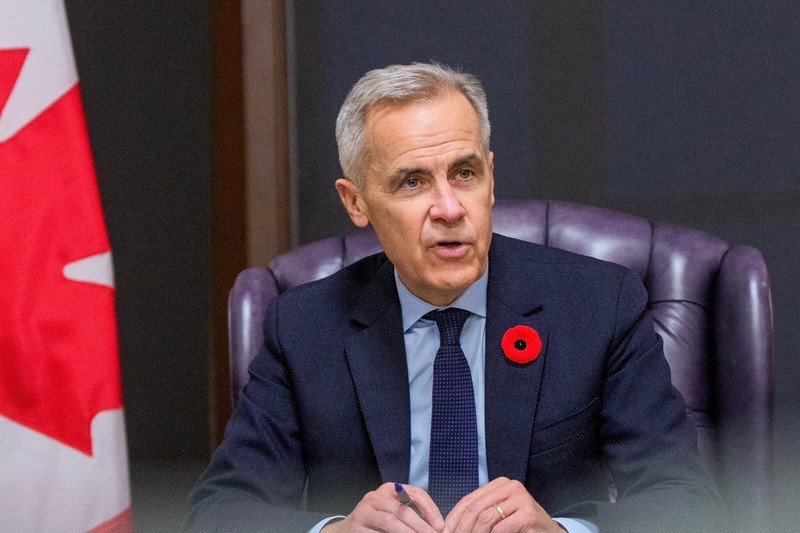
Canada backs Iran strikes 'with regret', urges de-escalation: Mark Carney
Canadian Prime Minister Mark Carney stated that Canada supports US-Israeli strikes on Iran "with some regret", framing the conflict as a stark illustration of a fracturing international order.
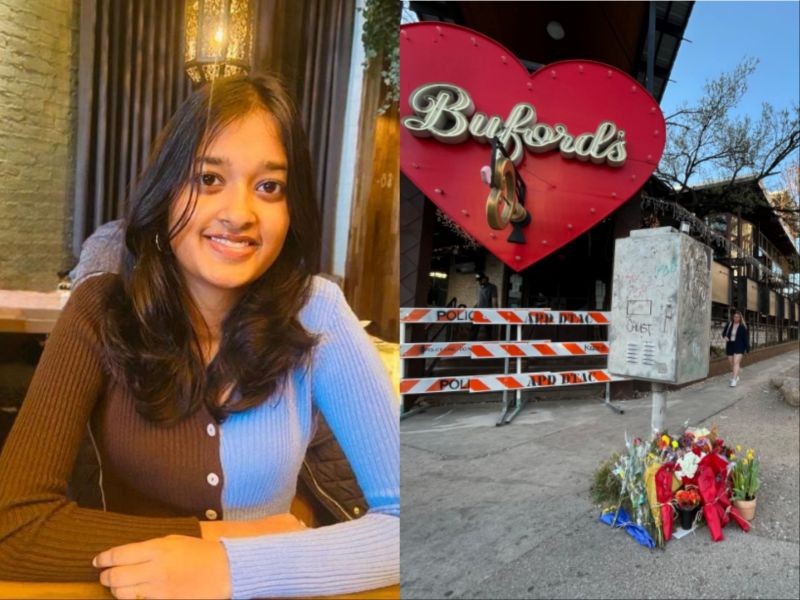
Indo-American student among 3 killed in Texas bar shooting; FBI probes possible terror link
New details have emerged in the deadly shooting at a crowded bar in Austin, Texas, that left three people dead, including 21-year-old Indian-American student Savitha Shan, media reports said.
Latest News

WikiLeaks cables claim Iran leadership contender Mojtaba Khamenei underwent fertility treatment
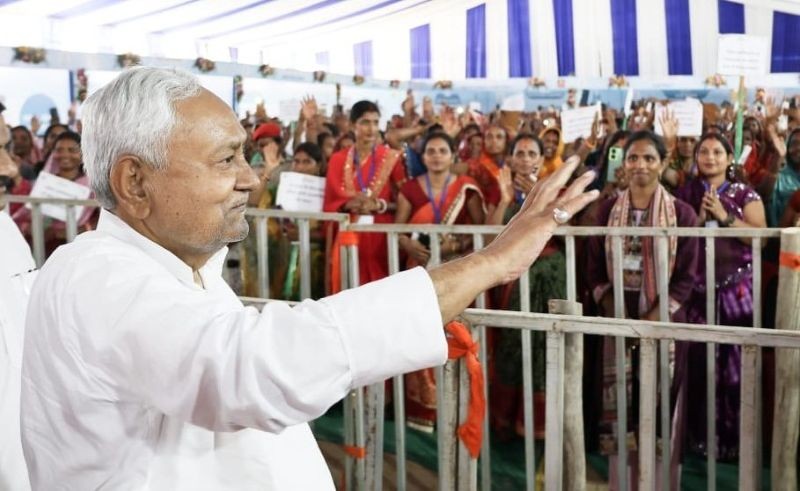
End of an era! Bihar's 'Susashan Babu' Nitish Kumar announces exit as CM, set for Rajya Sabha debut
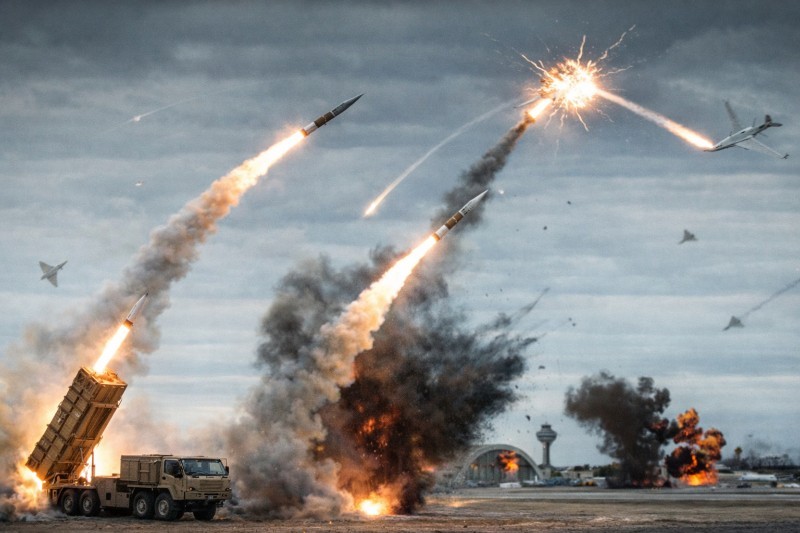
‘Baseless’: India rejects claims US used its ports to strike Iran

China eases tariffs on Canadian canola, seafood as Canada expands EV quota

